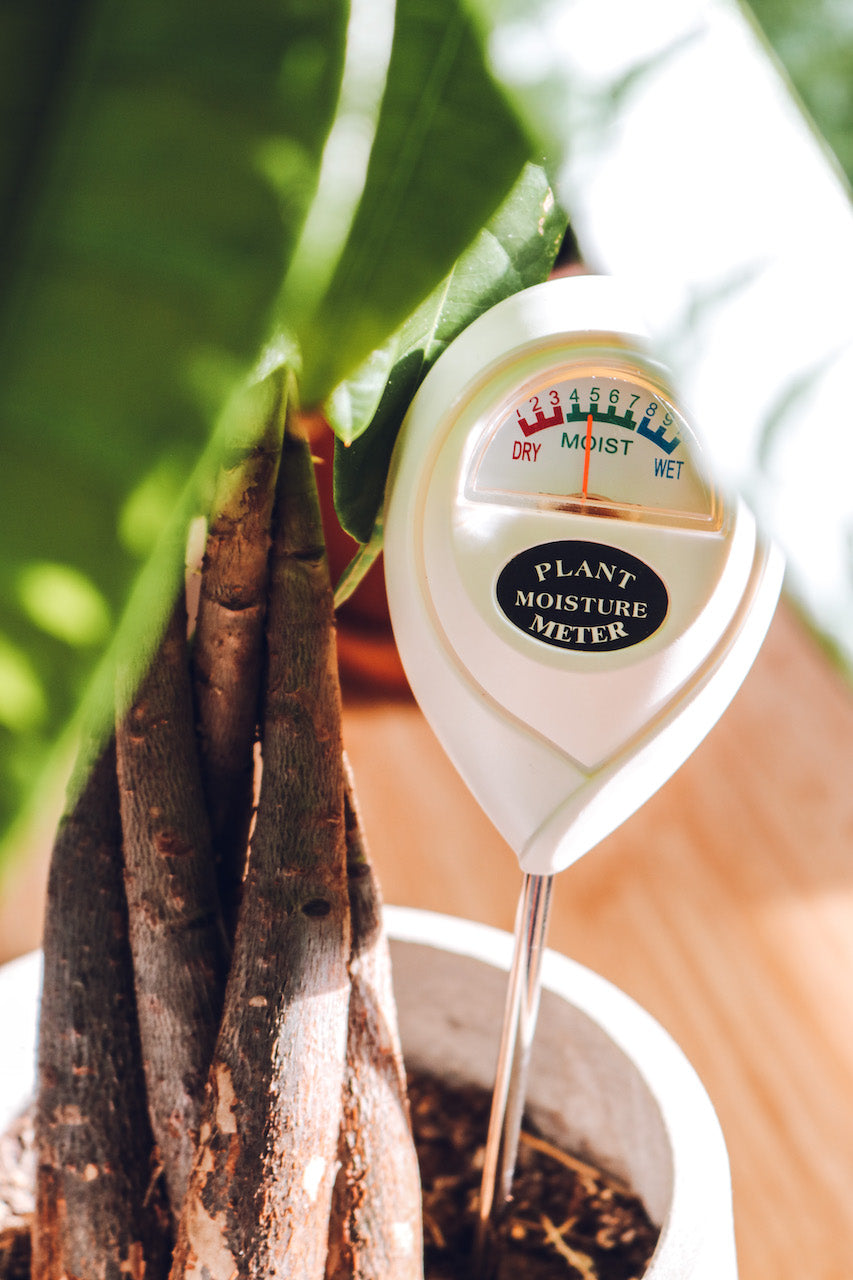The Ultimate Overview to Wetness Meters: A Comprehensive Introduction and Exactly How They Can Save You Money
In the world of structure upkeep, construction, and various industries, the relevance of accurately measuring moisture degrees can not be overstated. Moisture meters offer as important devices in detecting and keeping an eye on moisture web content in products, assisting in avoiding expensive damages and making sure the high quality of products. Comprehending the subtleties of various types of moisture meters, their applications, and the prospective cost-saving benefits they offer can be a game-changer for services and experts alike. Discovering just how these devices can not only enhance processes yet also add to economic savings is a trip worth starting.
Kinds Of Dampness Meters
Numerous kinds of moisture meters are readily available for different applications in numerous markets. One typical kind is the pin-type dampness meter, which gauges the electrical resistance between 2 pins inserted into a product. This type is suitable for wood, drywall, and other building materials. Pinless moisture meters, on the various other hand, usage electro-magnetic sensing unit plates to check a bigger location without triggering damage to the material's surface. Moisture Meter. These meters are excellent for quickly assessing moisture levels in large areas such as walls and floorings.

Additionally, there are additionally specialty wetness meters made for particular products like hay, grain, or dirt. These meters supply accurate dampness readings tailored to the special residential or commercial properties of the product being examined. Infrared wetness meters measure the thermal residential or commercial properties of a material to establish its moisture content non-invasively, making them beneficial for applications where pin or pinless meters may not appropriate. Comprehending the different kinds of dampness meters available can aid markets choose one of the most proper tool for their details wetness measurement requirements.

Benefits of Utilizing Moisture Meters
Wetness meters provide invaluable advantages in accurately keeping an eye on and assessing wetness degrees in diverse products and settings. One of the key advantages of using wetness meters is the avoidance of prospective damage triggered by excess wetness.
In addition, making use of dampness meters can bring about increased energy effectiveness. By identifying locations with high moisture degrees, such as leakages or poor insulation, adjustments can be made to enhance power preservation and minimize utility expenses. In agricultural setups, moisture meters play an important role in maximizing crop returns by allowing farmers to monitor dirt moisture degrees and make informed watering decisions. On the whole, the benefits of using dampness meters cover across numerous markets, supplying economical services and promoting better quality assurance methods.
Just How to Select the Right Moisture Meter
When picking a wetness meter, it's crucial to make certain that the meter is appropriate for the particular material you will certainly be testing. Different products have varying electric homes that can affect dampness analyses, so selecting a meter made for your product is vital for precise results. By thoroughly evaluating these factors, you can pick a dampness meter that fulfills your demands and gives precise wetness dimensions for your jobs.
Appropriate Techniques for Wetness Meter Usage

Cost Savings With Wetness Meter Applications
How can the tactical usage of wetness meters lead to significant price financial savings across different industries? In this page the farming industry, dampness meters help in figuring out the optimal time for harvesting plants, stopping over-drying or excess dampness that can influence the final product's top quality.
Likewise, in construction, dampness meters assist prevent expensive damages by spotting dampness degrees in building products, such as timber or concrete, which can cause architectural problems otherwise addressed promptly. By determining problem locations beforehand, contractors can take restorative measures to avoid substantial repair work or replacements, eventually conserving money and time.
Furthermore, in the food handling sector, wetness meters are necessary for keeping an eye on item quality and guaranteeing conformity with safety and security regulations. By precisely gauging moisture content in foodstuff, makers can stop perishing, keep freshness, and reduce waste, resulting in significant expense savings. Generally, the calculated application of wetness meters is a beneficial financial investment that can bring about significant price decreases and enhanced effectiveness across different industries.
Conclusion
In conclusion, wetness meters are important tools sites for discovering and determining moisture levels in various materials. By utilizing the right moisture meter and adhering to correct strategies, customers can effectively prevent pricey problems caused by excess wetness. Spending in a top quality moisture meter can lead to considerable expense savings in the lengthy run by recognizing possible concerns early on and enabling punctual remediation. Eventually, moisture meters are crucial instruments for keeping the integrity and durability of frameworks and materials.
Wetness meters offer as indispensable tools in finding and keeping an eye on moisture content in products, assisting in stopping pricey damages and making certain the top quality of products. Infrared dampness meters determine the thermal homes of a product to identify its dampness content non-invasively, making them valuable for applications where pin or pinless meters may not be suitable.Dampness meters supply very useful advantages in accurately analyzing and checking wetness degrees in diverse products and settings. In agricultural settings, wetness meters play a critical role in optimizing crop yields by enabling farmers to keep track of soil moisture levels and make informed irrigation decisions.In final thought, wetness meters are useful devices for identifying and measuring wetness degrees in different products.
Comments on “Why Every Property Owner Requirements a Moisture Meter: Secret Benefits and Functions”